Why are founders increasingly focused not just on profit but also purpose? Because the ethics and sustainability of your business matter to your customers. Looking at recent consumer insights:
74% of consumers are willing to pay more for sustainable packaging.
57% of consumers are willing to change their purchasing habits to help reduce negative environmental impact.
73% of consumers indicate that traceability of products (i.e. transparency of production methods and source materials) is important to them.
40% of consumers are primarily purpose-driven in their consumer choices, focusing on products and services that align with their personal values.
Simply put: caring about the people and planet around your company is worthwhile and makes consumers feel good too!
We’ve been excited to see these trends gaining traction first-hand in our Female Founder Incubator. Our cohorts consistently include a growing presence of sustainability-driven businesses. Our recent Summer 2021 cohort featured two sustainability-focused startups:
Sustalytics: a data platform empowering fashion retailers to reduce waste and increase profit by predicting consumer demand
Dahlia: an e-commerce marketplace seeking to amplify verified sustainable brands
We are excited to see how both Sustalytics and Dahlia continue to innovate with purpose. We look forward to continuing to support sustainability-driven startups as they launch and scale in future Halo cohorts.
Notably, investors are seeking ethical and environmental returns. In fact, global sustainable investment reached $35.3 trillion in 2020, up from $22.9 trillion in 2016. Investors are increasingly focused on metrics including social return on investment (SROI) and qualitative measures focused on a company’s impact. For your startup, this might mean that your future pitch decks will include positive social and environmental impact metrics.
So, how can you ensure your startup meets increased investor interest in sustainability and ethics?
Focus on Principles: Build your business on principles of ethics and sustainability and create value propositions that support these endeavors. You may just attract a team that prioritizes incorporating positive impact factors.
Consider Sources: Take a look at where your materials and labor are sourced from. While small businesses typically have cost constraints at the start, making choices to source materials and production in ways that reduce negative environmental impact and treat employees ethically will pay off in the long-run.
Lower Waste: If you have a physical product, using post-consumer sourced and recyclable packaging is a great way to reduce waste. Consider offering your customers eco-friendlier shipping options, including combining orders into one package or low-waste packaging options. If your product is a service or software, you’re already minimizing waste! Keep sustainable initiatives in mind as your company and footprint grows and you may need physical space.
Give Back: Charitable contributions to causes that matter to you as a founder allow customers to connect with companies that align with their own values. It’s increasingly expected that companies will be socially aware and acknowledge their impact on communities. Start by getting involved locally or contributing to a well-known national organization!
Focus on Data: Make use of big data and analytics to measure your company’s production, goals, and performance. Data collection and analysis are crucial facets of efficiency improvement and can help you track waste and environmental impact. Consider leveraging industry-specific partnerships, such as those fashion retailers may build with consumer demand aggregator Sustalytics. Progress and waste-reduction tracking ensure you can reliably report a tangible commitment to sustainable business practices. And, when the time comes, this foresight will grant you valuable hard data on your ESG impact to present to investors.
Brag About It! Consumers are increasingly looking to make purpose-driven purchases. They’re likely to love your product, and feeling good about its production is one more reason for them to choose you in a saturated market.

